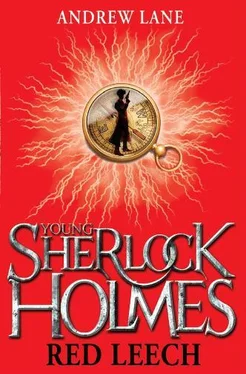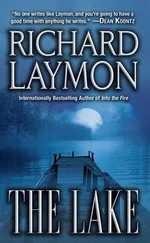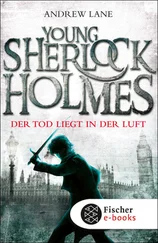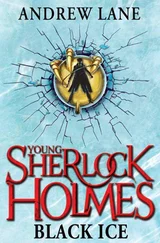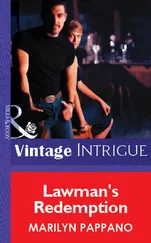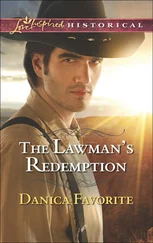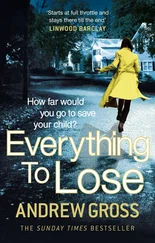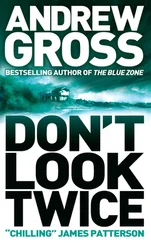“You can tell me the details of what they look like,” Crowe pointed out. “I’ve already trained you in lookin’ for the small details that distinguish one face from another — the outline of the ears, the hairline, an’ the shape of the eyes. We might even be able to come up with a couple of sketches based on your descriptions. Virginia’s a dab hand with a pencil.”
“I’m not sure that will be enough.” Mycroft mused. “The recollections of one witness — even one as observant as my brother — can often be mistaken, and affected by stress. It’s something I have long been interested in — the way the human mind can invent details and convince itself that they are true. I suspect there are many innocent men incarcerated in British prisons based on the uncertain recollections of one person. Once you have been told that you are looking for a man with a beard, suddenly all you can see is men with beards. No, whatever Sherlock remembers needs to be taken with a pinch of salt.”
Sherlock was about to protest that he had a perfect recollection of all four men, but something held him back. He sensed that the argument was beginning to swing back in his favour, with Mycroft and Crowe realizing that the problem was bigger than they had thought, and he didn’t want to do anything to disrupt it.
But at the same time that his heart was trying to stop Amyus and Virginia Crowe from leaving, his head was telling him that this was important. Both Mycroft and Crowe were looking as serious as he had ever seen them. He wasn’t sure that he completely understood the potential ramifications of what was going on — how could four men, one of them certifiably insane, affect the politics of an entire nation? — but he could tell that what was at stake here dwarfed his petty problems. It he could help, he should, regardless of the cost to himself.
It was a strangely grown-up thought, and he didn’t like the implications.
“Matty’s seen them as well,” he said suddenly, his words only momentarily behind his thoughts.
“What do you mean?” Mycroft asked, turning his head.
“I mean that Matty saw the man who pulled me into the house — the man who might be John Wilkes Booth — and then later, when he rescued me, he saw at least two of the other three men. One of them was unconscious — neither of us got a good look at him. If you want a description but you’re worried about the reliability of my memory, then why not get Matty over here? Between the two of us you could probably get a good description — especially if you ask us separately, rather than together. That way neither of us will inadvertently affect what the other is saying.”
“The boy has a point,” Crowe rumbled. “Two heads are better than one. Mayhap I could send Virginia to pick the boy up. She knows where his narrow boat is moored.” He nodded to himself. “A sketch based on both their memories would be far closer to the truth than one based on the memories of either one alone.”
Mycroft gazed levelly at Sherlock. “I understand that you don’t want Mr Crowe or his daughter to go,” he said quietly. “And yet you provided a suggestion that made it more likely they would go. You are thinking like a man, not a boy. I’m proud of you, Sherlock. And Father would be as well.”
Sherlock turned away so that Mycroft would not see the sudden glistening of his eyes.
Oblivious to the exchange between the two brothers, Crowe had levered himself up out of the tight chair and lumbered towards the door of the cottage. “Ginnie!" he yelled, opening the door. “I have need of you!" He stood there for a moment, until he was sure that she was on her way, then he came back and stood beside the chair.
Virginia Crowe appeared in the doorway. She glanced at Sherlock, and smiled. As usual, he was struck by the sheer amount of colour about her — the redness of her hair, the brown tan on her skin, the smattering of freckles across her cheeks and nose, and the violet shade of her eyes. She made other girls look like black and white drawings.
“Yes, Father?”
“Got an errand for you. I need you to ride over an’ fetch the Arnatt boy from his boat. Tell him I need to ask him a few questions about today. Tell him he ain’t in trouble, but I need his help.”
She nodded. “You want me to bring him back on Sandia?”
“Quicker that way. The horse can take both your weights. He’s a small lad.”
“But scrappy,” Sherlock added in Matty’s defence.
“Of that I have no doubt,” Crowe said. He looked over at Virginia. “Be fast, now.”
She glanced again at Sherlock, looking as if she wanted to say something, maybe ask him if he wanted to go with her, but instead she turned and left. Within a few moments Sherlock heard the high whinny of Virginia’s horse welcoming her, the jangle of reins and the diminishing sound of hoofs on hard earth.
Crowe and Mycroft got back to discussing ways of getting across the Atlantic Ocean faster than the four Americans. It all seemed to depend on which ship they took and which port they sailed from. Some ships were faster than others. Sherlock picked up from the discussion that some of the newer ships didn’t just rely on wind and sails to take them across the sea but supplemented that with powerful steam engines driving massive wheels, like those of a water mill, which had wooden paddles spaced around their circumference. The motion of the paddles against the water, powered by the steam engines, would push against the water and move the ship forward, even if there wasn’t any wind. Was there anywhere the steam engine could not go, any problem it could not solve? What would come next, he wondered — carts and carriages driven by steam filling the roads and taking men from London to Liverpool in a few hours? And perhaps even further — could man one day reach the moon using steam-driven craft?
Shaking his head to dislodge these incredible thoughts, he returned to listening to Mycroft and Amyus Crowe discussing politics, travel and revolution.
The talk went on, and Sherlock found himself fading in and out of it. The politics was above his head, although every now and then Crowe would bring it down to earth with an example of the number of people who died at a particular place or time, or how a particular town had been razed to the ground to make a point.
Eventually, he heard the rapid drumbeat of approaching hoofs. He went to the door, ready to welcome Virginia and Matty.
Outside, in the early evening light, he could see Sandia — Virginia’s horse — approaching. The dark mass on its back had to be Virginia and Matty, and for a moment Sherlock found himself jealous of Matty’s closeness to her. Only for a moment, though.
As Sandia got closer the dark mass on her back resolved into one figure rather than two. It was Virginia, and she pulled Sandia to a halt just beside Sherlock. Her eyes were wild, and her hair had been pulled by the wind into a tangled mass.
“Where’s Matty?” Sherlock asked.
She jumped down from the horse’s back and pushed past him, running into the cottage. Sherlock followed.
“They’ve taken Matty!" she cried.
“What do you mean?” Mycroft said, rising from the table.
“I got to the narrow boat, and I got him to come with me,” she said in a rush. “We were both on the back of Sandia. We got to just down the road, and there was a tree down across it, blocking the way. It wasn’t there when I went out, I swear. I thought about jumping it, but with Matty on Sandia’s back with me I wasn’t sure we could make it, so I stopped so Matty and I could shift the tree. Two men ran out of the woods at us. They must have been hiding in the bushes. One of them hit Matty around the head. It must’ve knocked him out, because he didn’t fight any more. The other man came for me. He tried to grab my hair, but I bit his hand. He pulled away, and I ran for Sandia. I jumped on her back and rode away. When I looked back, the two of them were carrying Matty away’ Her face was white and shocked. “I just left him there!" she cried, as if she’d just realized what had happened. “I should have stayed and rescued him, or gone back for him.”
Читать дальше
